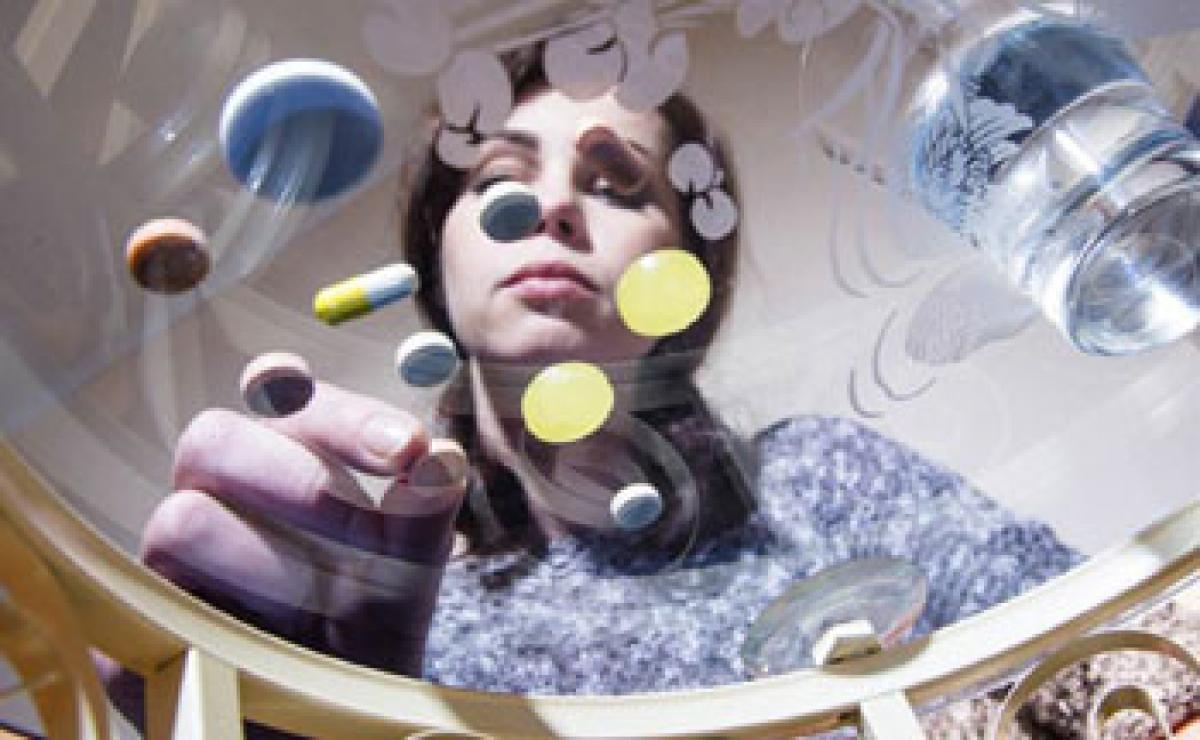Using antibiotics may lead to mental confusion

The US researchers have found that antibiotics a powerful drug that fights bacterial infection -- may be linked to a serious disruption in brain function, called delirium, and other brain problems.
The US researchers have found that antibiotics a powerful drug that fights bacterial infection may be linked to a serious disruption in brain function, called delirium, and other brain problems.
Delirium, which causes mental confusion, may also be accompanied by hallucinations and agitation. "People who have delirium are more likely to have other complications, go into a nursing home instead of going home after being in the hospital and are more likely to die than people who do not develop delirium," said author Shamik Bhattacharyya from Brigham and Women's Hospital in Boston, US.
A total of 54 different antibiotics were involved, from 12 different classes of antibiotics ranging from commonly used antibiotics such as sulfonamides and ciprofloxacin to intravenous antibiotics such as cefepime and penicillin.
About 47 per cent of patients had delusions or hallucinations, 14 per cent had seizures, 15 per cent had involuntary muscle twitching and five percent had loss of control of body movements, the researchers explained.
Moreover, EEG, a test that detects electrical activity in the brain, was shown abnormal in 70 per cent of the cases. As much as 25 per cent of the people who developed delirium had kidney failure, they added.
The study, published online in the journal Neurology, identified three types of delirium and other brain problems related to antibiotics. While type 1 was characterised by seizures and most often associated with penicillin and cephalosporins, type 2 was marked by symptoms of psychosis and associated with procaine penicillin, sulfonamides, fluoroquinolones and macrolides.
Both type 1 and type 2 had a quick onset of symptoms, within days. Once antibiotics were stopped, symptoms also stopped within days. Type 3 was characterised by abnormal brain scans and impaired muscle coordination and other signs of brain dysfunction, and was only associated with the drug metronidazole.
The beginning of noticeable symptoms took weeks instead of days. Symptoms also took longer to go away once the antibiotic was stopped, the researchers elicited. For the study, the researchers reviewed all available scientific reports and found case reports on 391 patients, over seven decades, who were given antibiotics and later developed delirium and other brain problems.

















